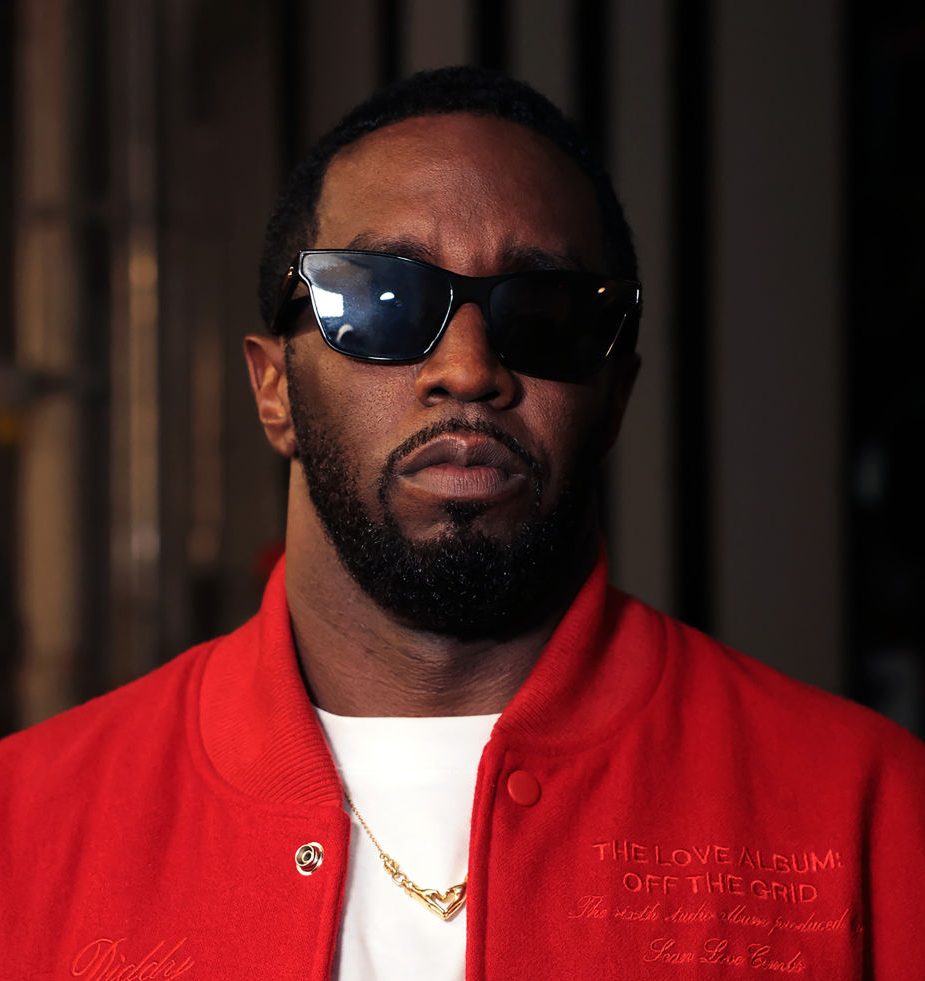Jurors in the high-stakes federal trial of Sean “Diddy” Combs surprised the courtroom Tuesday by revealing they had reached a partial verdict.
Yet they will not deliver it—at least not yet. Manhattan Judge Arun Subramanian ordered the panel to keep deliberating after learning they had decided on four of the five charges but remained split on the most serious one: racketeering.
The announcement came after 12 hours of private debate. In a note to the court, jurors admitted they were stuck. “We have not reached a verdict on count one because we have unpersuadable jurors on both sides,” the note read.
The statement heightened tension in the packed courtroom and left Diddy’s future hanging in the balance.
Combs, the Bad Boy Records founder, looked shaken. His legal team gathered around him as he slumped in his chair. At one point, he buried his head in his hands, clearly rattled by the news. The confident energy he often displays gave way to visible frustration.
Neither prosecutors nor Diddy’s lawyer, Marc Agnifilo, supported accepting a partial verdict. Agnifilo urged the judge to give the jury more time. Prosecutors agreed. Subramanian sided with both, telling jurors to continue working toward a full decision.
The outcome remains uncertain, with Diddy’s career and legacy at stake. Diddy faces multiple civil lawsuits accusing him of serious misconduct, with allegations spanning sexual assault, sex trafficking, and abuse.
The wave of cases began in late 2023, when several women came forward under New York’s Adult Survivors Act, which briefly lifted the statute of limitations for sexual assault claims. Among the most high-profile suits is one from Cassie Ventura, Combs’ former partner, who accused him of rape, physical abuse, and years of control. That case was settled quickly, though the terms remain confidential.
Other lawsuits allege Combs ran a “sex trafficking enterprise” that exploited and endangered young women. Plaintiffs claim he used his power in the entertainment industry to coerce and silence victims. Several suits describe violent encounters, threats, and the use of drugs to facilitate assaults. Combs has denied all allegations, calling the claims false and part of a smear campaign.
The lawsuits have damaged Combs’ public image and business interests. Brands, partners, and institutions have distanced themselves from him as legal battles unfold. The cases signal a broader reckoning in the music industry, as survivors seek accountability from powerful figures long shielded by fame and influence. The legal process is ongoing, with no resolution in sight.

